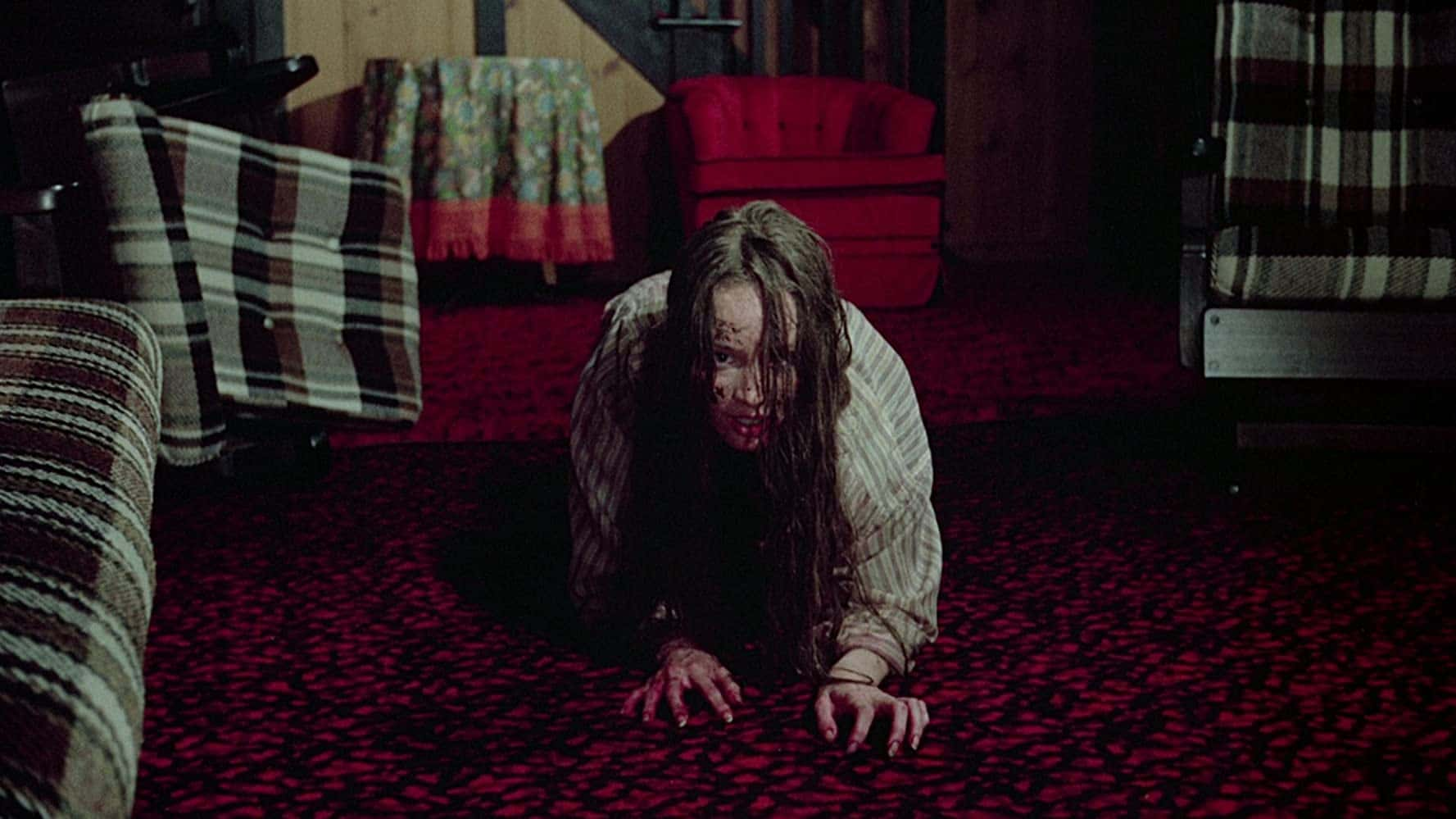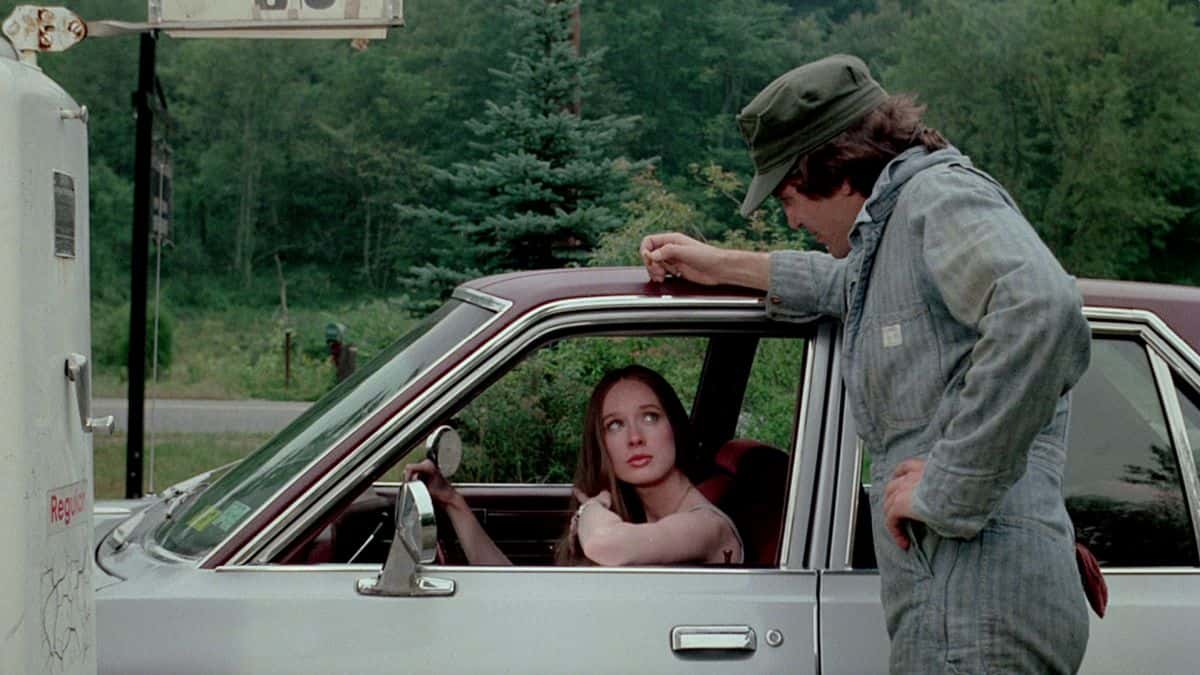'Skin: A History of Nudity in the Movies': Why was 'I Spit on Your Grave' banned during its 1978 release?

Meir Zarchi's 'I Spit on Your Grave', which was originally titled 'Day of the Woman' is a rape and revenge horror film starring Camille Keaton, Eron Tabor, Richard Pace, Anthony Nichols and Gunter Kleeman. Alongside the heavy nudity, the film is notorious for its controversial depiction of graphic violence, particularly lengthy scenes of gang rape that take up at least 30 minutes of the film's narrative. It was subject to a long battle with censorship, critics and even politicians who fuelled divided opinions and aggravated passions. The film found itself in a unique position in the 1970s and 1980s exploitation era and amid the 'video nasties' scandal, but became a touchstone for rape-revenge films that have followed.
A new documentary titled 'Skin: A History of Nudity in the Movies' traces the origin of onscreen nudity, gender bias when it comes to nakedness in films and everything in between, all the way to the present day scenario. In one particular section on nudity and controversial imagery in films, the documentary shines a light on 'I Spit on Your Grave', a 1978 horror-thriller film that became the center of scorn and was even banned at the time of release because of its highly sensitive and graphic subject matter. Film critic Roger Ebert, a vocal detractor of the film, went as far as to call it "a vile bag of garbage" and said that it is "without a shred of artistic distinction".

The story of the film is about a New York City-based fiction writer named Jennifer Hills. She rents an isolated cabin by a river to clear her head and work on her new novel. On arrival, she catches the eye of a mentally handicapped deliveryman Matthew, who tells his friends about her. The group of four men spot her sunbathing out in a boat, grab her and take her to the woods where they each take turns and rape her repeatedly. A few weeks later, after she has recovered, she goes on a rampage exacting revenge on her four tormentors.
Even 42 years after the film was made and released, it is still often talked about by people who took note of it back in the day. The striking poster of the film featured the back of a woman with tattered clothes and a knife in hand. Accompanying the poster is its macabre tagline: "This woman has just cut, chopped, broken and burned five men beyond recognition… But no jury in America would convict her!" It's all in the name and the title of the film which was changed from 'Day of the Woman' to 'I Spit on Your Grave' had such a splanchnic effect that it made an impression that was either repelling or compelling. It is definitely not a title one would simply forget.
Zarchi said that the film was taken from a real-life experience, when he, his daughter and a friend found a woman, bloodied, naked and battered, crawling out of the brushes, while on a drive. She had been raped and beaten and the trio took her to the police station, where Zarchi was left flabbergasted at the lack of sympathy from the cops who insisted on sending the woman in for questioning when her jaw was clearly broken. This context also makes Zarchi's intentions for the film more comprehensible as one can see where he was coming from.

The main reason the film may have had any sort of impact on the public could have been Ebert's scathing review, despite the loose characterization, Camille Keaton was praised by critics for her acting. The film has three rape sequences in the plotline, although there are other scenes in between, taking up more than a quarter of its total runtime. They are so extreme, yet natural, that one has to ponder over how much Keaton needed to act. She managed to effortlessly communicate the crucial moments very clearly. 'I Spit on Your Grave' remains highly controversial to this day, and it was also one of the many films that rendered the 1980s movie-goers speechless and traumatized. It still made Time magazine's 'Top 10 Ridiculously Violent Films'.
The film also has a great deal of nudity throughout the narrative and it is rather obvious why it was banned at the time of release. The graphic violence is hard-hitting to the point that they are difficult to endure, mostly because of their length. But the cinematography and camera angles force us to look at things from Jennifer's perspective as a victim, with the men's faces often gawking straight into the camera. Four decades and three remakes later, 'I Spit on Your Grave' is still one of the most disturbing, shocking and appalling films to have ever been made. And although it constantly puts the audience in a very uncomfortable position, it is very effective for its lack of elegance, which makes it seem more observational than mechanized or choreographed.
'Skin: A History of Nudity in the Movies', directed by Danny Wolf, will be available on-demand on August 18.










